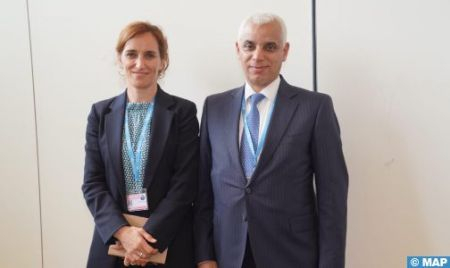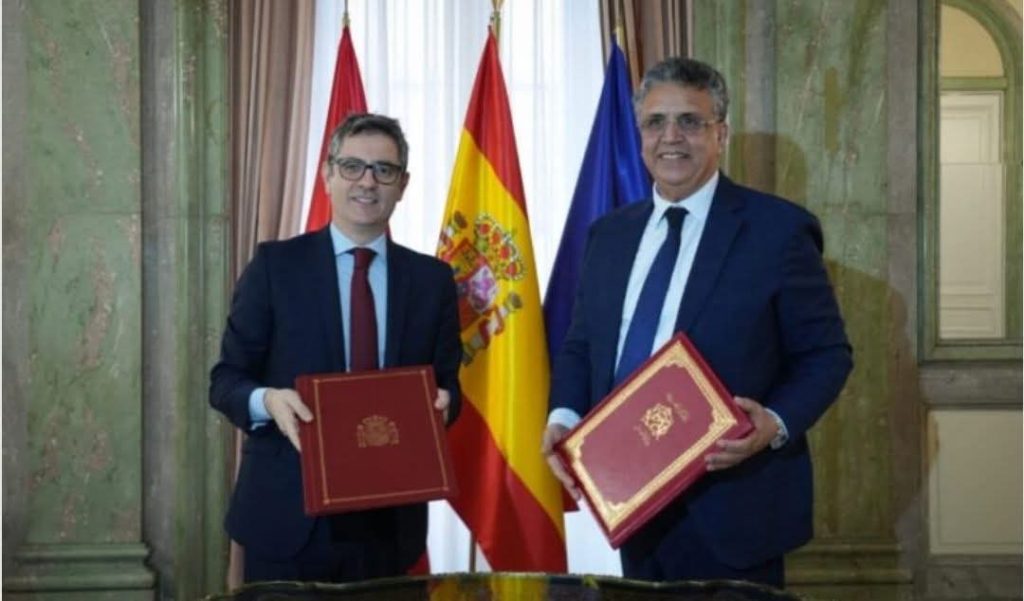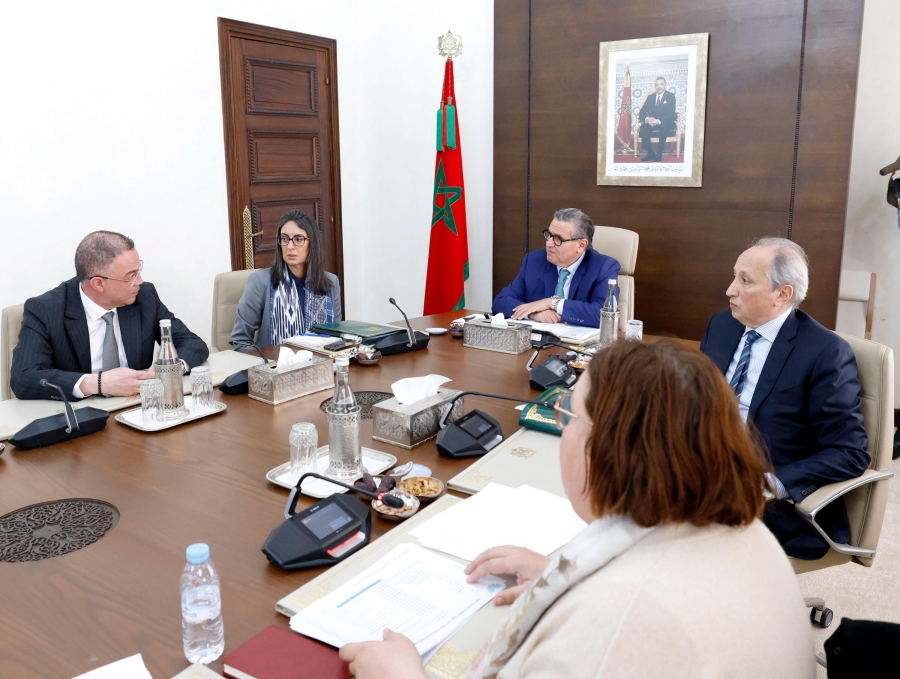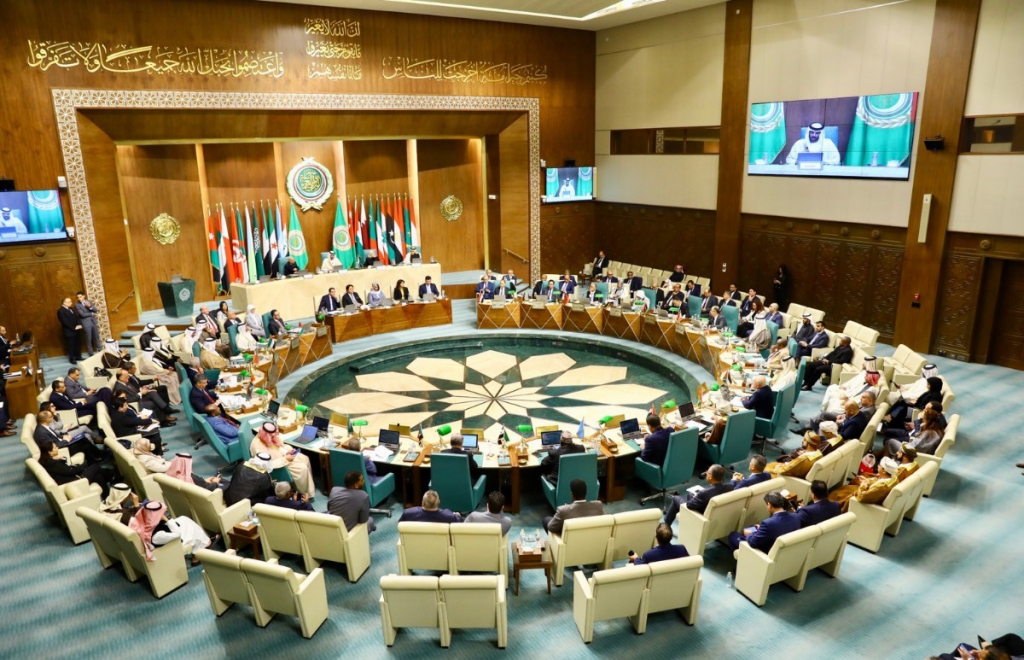Preparations in the health sector for the 2030 World Cup (Morocco-Spain-Portugal) were the focus of talks on Monday in Geneva between Morocco’s Minister of Health and Social Protection, Khalid Ait Taleb, and his Spanish counterpart, Mónica García Gómez.
The talks took place on the sidelines of the 77th World Health Assembly (WHA77) and focused on joint preparations for the 2030 FIFA World Cup. Among the issues discussed were potential health challenges during the global sporting event and the importance of prior coordination to ensure health and emergency services readiness.
Building a strong health system capable of dealing with any emergency is a key factor in ensuring the success of this major sporting event, Ait Taleb said, adding that expertise and experience sharing between the three countries will be “crucial to delivering a safe and comfortable experience for fans and sports teams.”
The official also emphasized the importance of reinforcing the host cities’ health infrastructure and developing joint training programs for health personnel to prepare them to deal with any health emergencies and provide all the necessary health conditions and capacities to successfully organize this global sporting event.
For her part, Spain’s Minister of Health pointed out that “the coordination between Spain, Morocco, and Portugal in the field of health is an important step towards the organization of a safe and integrated world event, through the development of effective health strategies to offer the best services to fans and athletes alike.”
She also expressed her country’s “full readiness to cooperate with Morocco to ensure a safe and successful world sporting event,” describing the partnership between the two countries as “a solid basis for achieving the desired results.”
The talks also covered the implementation of the joint agreement signed in Rabat on February 2nd, 2023, at the 12th session of the Morocco-Spain high-level meeting.
The two ministers also stressed the importance of pursuing the implementation of the provisions of this agreement to make the most of bilateral cooperation, help improve the quality of healthcare services, and ensure the highest standards of primary healthcare in both countries.







